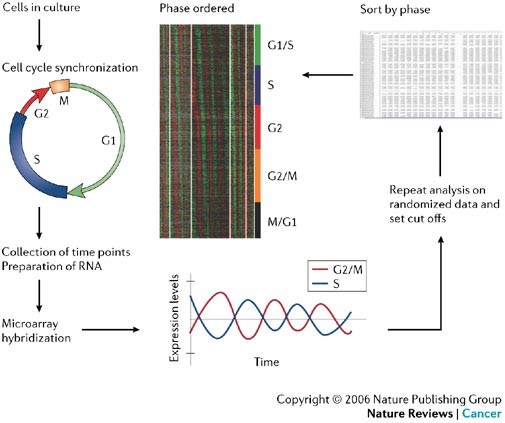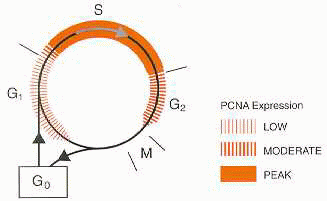
A cancer-associated PCNA expressed in breast cancer has implications as a potential biomarker | PNAS

Three Optimized Methods for In Situ Quantification of Progenitor Cell Proliferation in Embryonic Kidneys Using BrdU, EdU, and PCNA - Rosalie E. O'Hara, Michel G. Arsenault, Blanca P. Esparza Gonzalez, Ashley Patriquen,
Interaction of Proliferation Cell Nuclear Antigen (PCNA) with c-Abl in Cell Proliferation and Response to DNA Damages in Breast Cancer | PLOS ONE

Cancers | Free Full-Text | Challenging, Accurate and Feasible: CAF-1 as a Tumour Proliferation Marker of Diagnostic and Prognostic Value
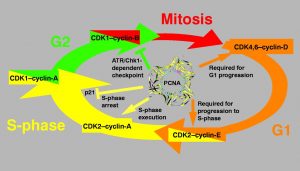
The Role of PCNA in Cell Proliferation - Abbkine – Antibodies, proteins, biochemicals, assay kits for life science research

SNHG5 Promotes Breast Cancer Proliferation by Sponging the miR-154-5p/PCNA Axis: Molecular Therapy - Nucleic Acids

Discovery of Inhibitors for Proliferating Cell Nuclear Antigen Using a Computational-Based Linked-Multiple-Fragment Screen | ACS Omega

Characterization of the interaction between SARS-CoV-2 Membrane Protein and Proliferating Cell Nuclear Antigen (PCNA) as a Potential Therapeutic Target | bioRxiv
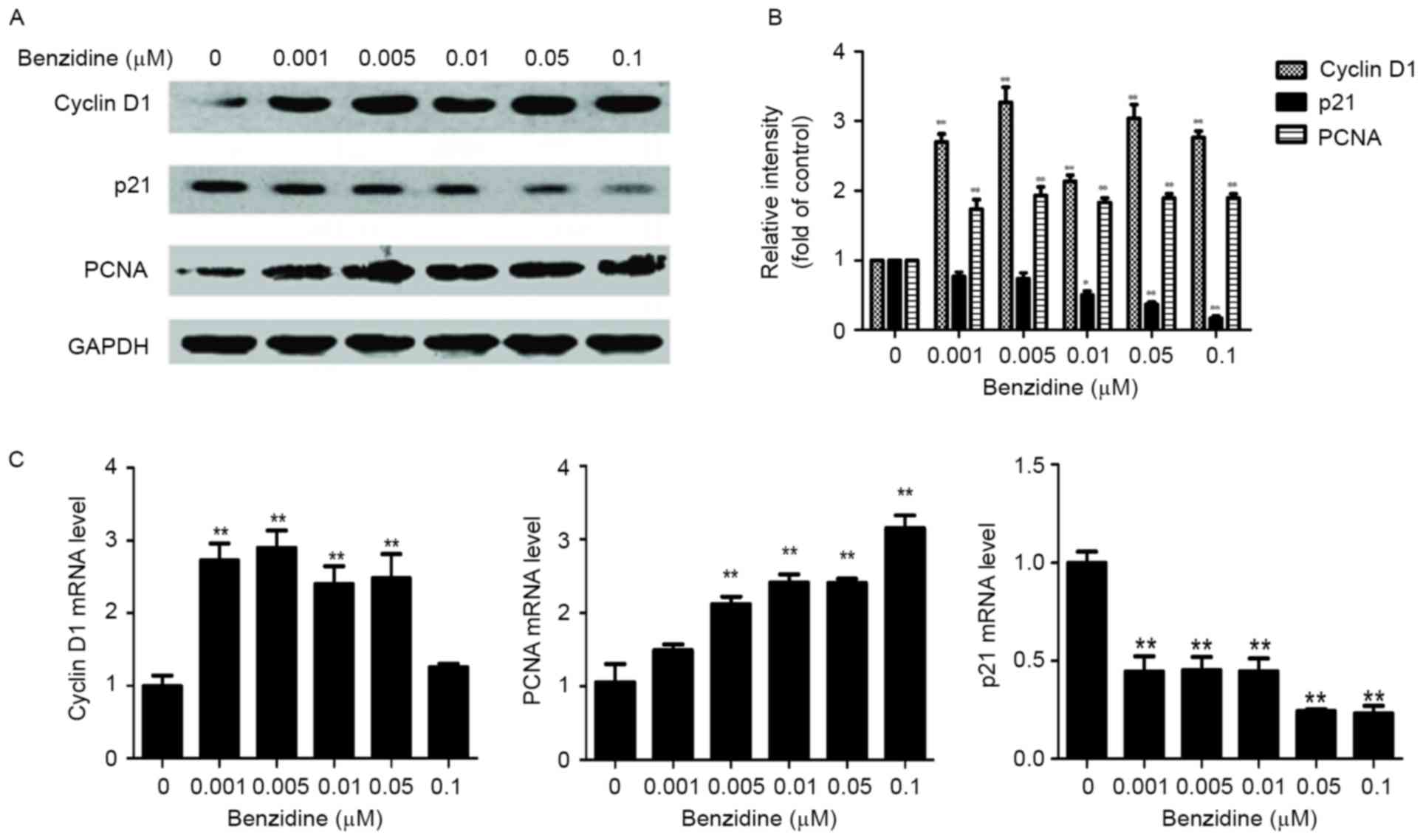
MAPK/AP‑1 pathway regulates benzidine‑induced cell proliferation through the control of cell cycle in human normal bladder epithelial cells

Proliferating cell nuclear antigen (PCNA)-associated KIAA0101/PAF15 protein is a cell cycle-regulated anaphase-promoting complex/cyclosome substrate | PNAS
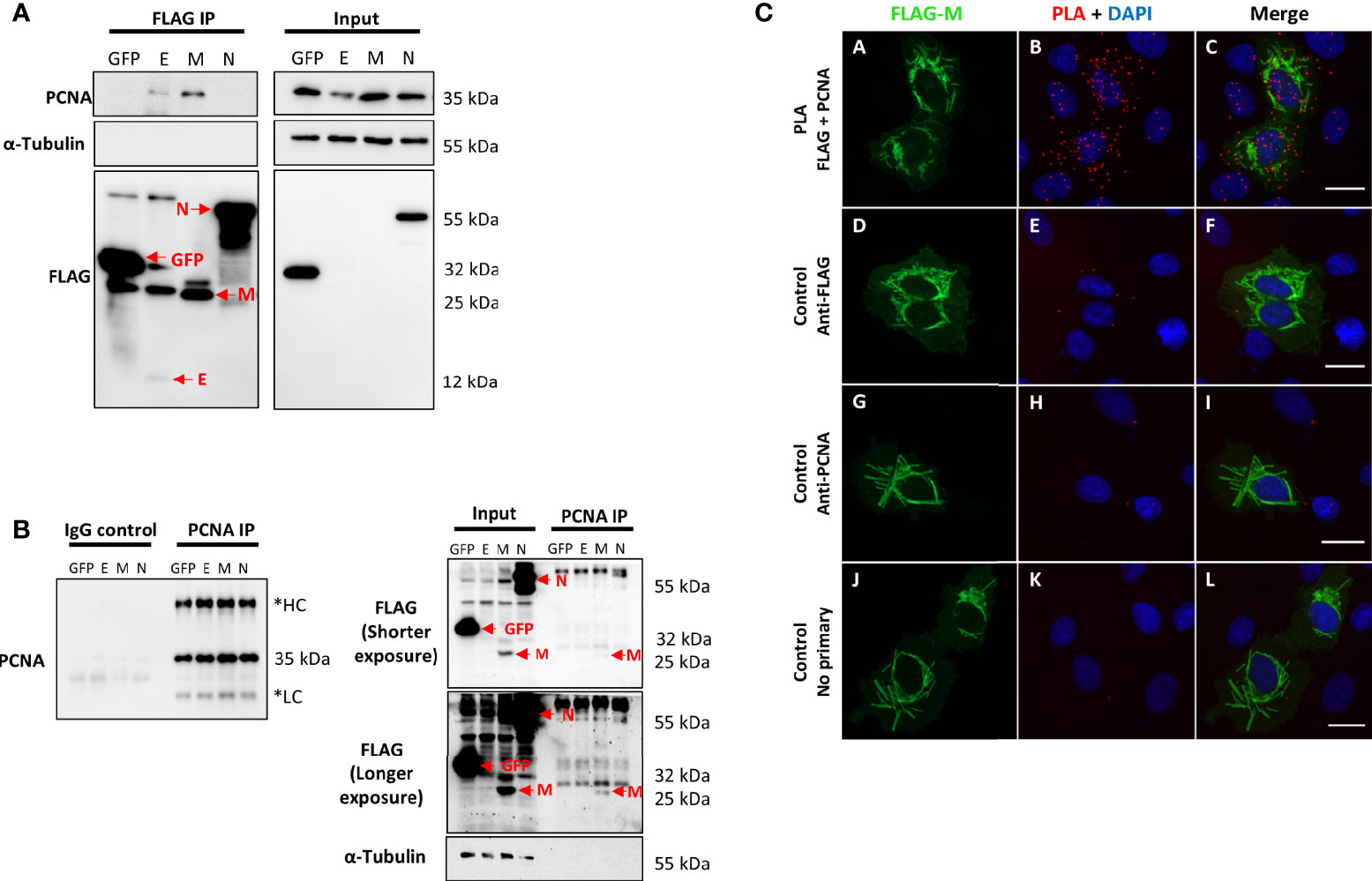
Frontiers | Characterization of the Interaction Between SARS-CoV-2 Membrane Protein (M) and Proliferating Cell Nuclear Antigen (PCNA) as a Potential Therapeutic Target
Proliferating Cell Nuclear Antigen (PCNA) Regulates Primordial Follicle Assembly by Promoting Apoptosis of Oocytes in Fetal and Neonatal Mouse Ovaries | PLOS ONE

Proliferating cell nuclear antigen promotes cell proliferation and tumorigenesis by up-regulating STAT3 in non-small cell lung cancer - ScienceDirect

Quantitative Cell Cycle Analysis Based on an Endogenous All-in-One Reporter for Cell Tracking and Classification - ScienceDirect

Proliferating cell nuclear antigen promotes cell proliferation and tumorigenesis by up-regulating STAT3 in non-small cell lung cancer - ScienceDirect


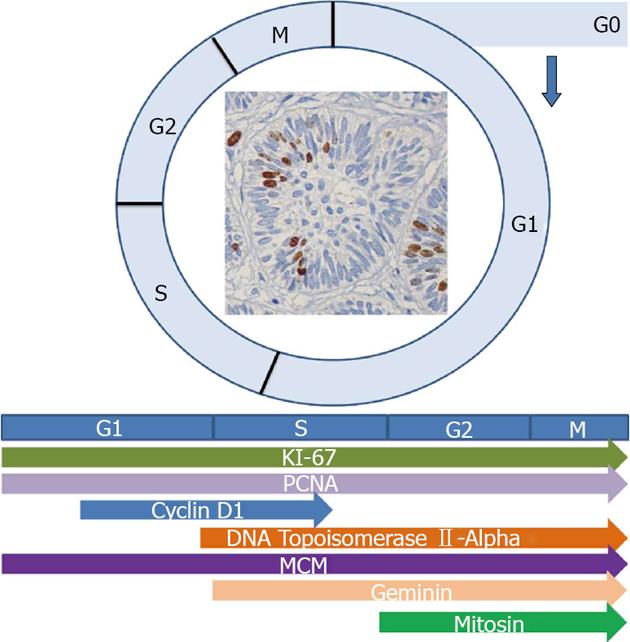


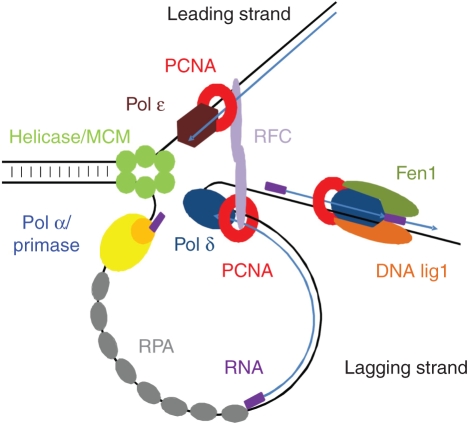
![Anti-PCNA [5E6/2] | Monoclonal Antibodies - Ximbio Anti-PCNA [5E6/2] | Monoclonal Antibodies - Ximbio](https://res.cloudinary.com/ximbio/image/upload/c_limit,fl_lossy,h_282,q_auto,w_368/1a08a0ec-f0a1-468b-9afc-c20a2940fc15.jpg)
